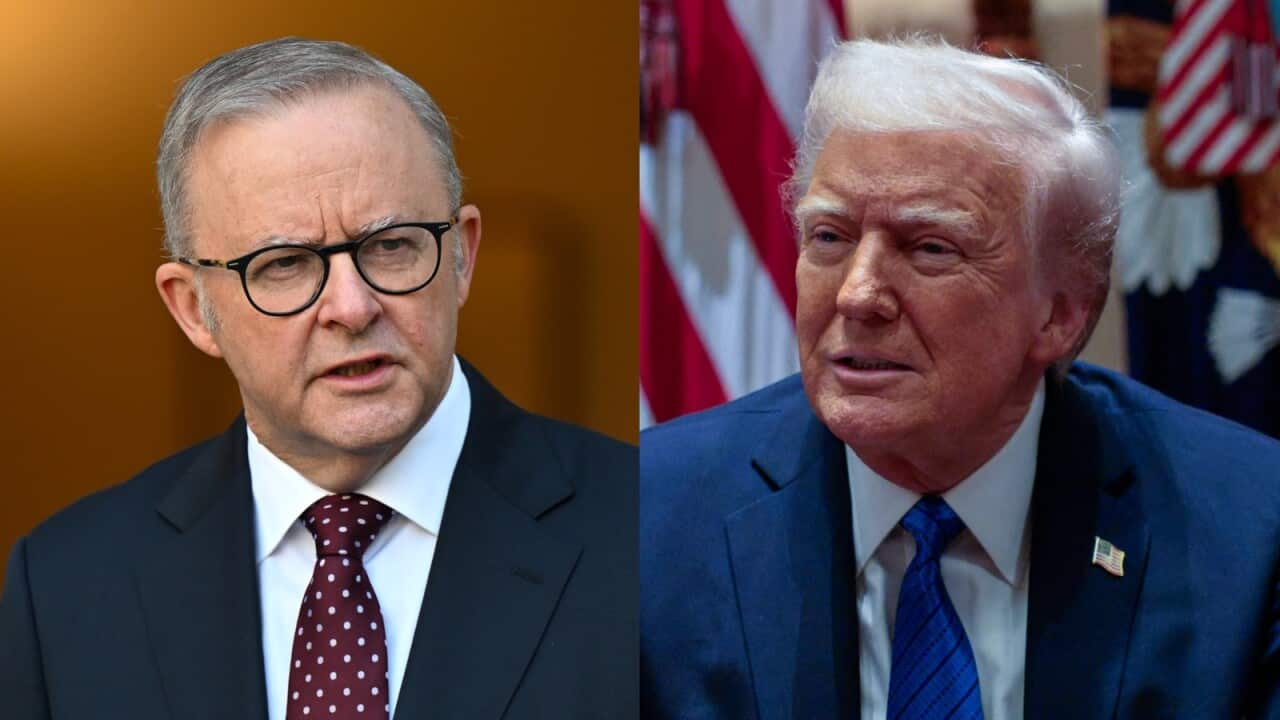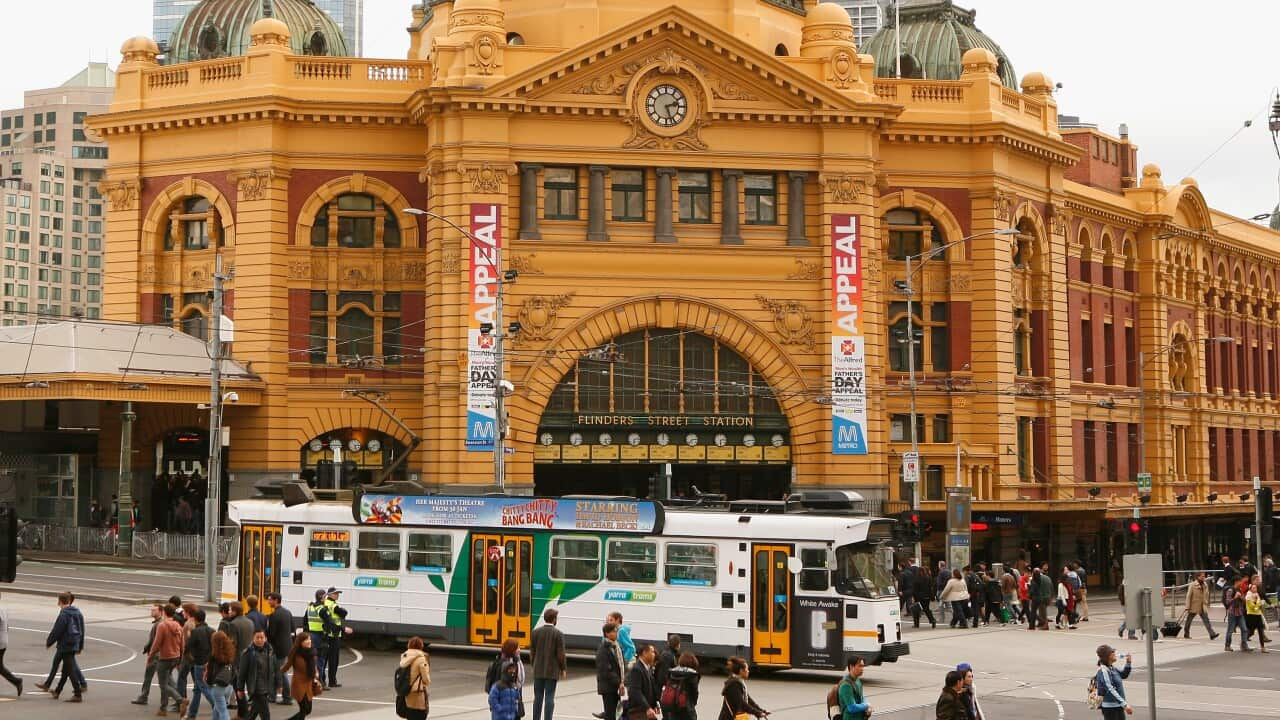Prime Minister Anthony Albanese’s highly anticipated first meeting with United States President Donald Trump will not go ahead on the sidelines of the G7 in Canada.
Hours after striking a trade deal with United Kingdom Prime Minister Keir Starmer, Trump has decided to leave the G7 early due to the escalations between Israel and Iran in the Middle East.
US press secretary Karoline Leavitt said Trump had a “great day at the G7” as she announced the news on social media on Tuesday morning.
“Much was accomplished, but because of what’s going on in the Middle East, President Trump will be leaving tonight after dinner with Heads of State,” she said on X.
Minutes before the post was shared, Albanese had told the media he “looked forward” to their discussion and the scheduled meeting “taking place”.
He revealed he had been in discussions with US ambassador Kevin Rudd as well as golfer Greg Norman as he prepared for the meeting which was then cancelled.
“I always prep seriously for meetings where I’m representing Australia,” Albanese said.
SBS News understands a meeting between the two leaders, in different parts of the country, is no longer expected. Trump will attend a dinner with G7 leaders in Kananaskis, while Albanese remains in Calgary.
“Given what is occurring in the Middle East, this is understandable,” a spokesperson for Albanese said.
“As the prime minister said a short time ago, we are very concerned about the events in the Middle East and continue to urge all parties to prioritise dialogue and diplomacy.”
Questions over US tariffs on steel remain after UK carve-out
Albanese was also questioned about whether he could secure a similar exemption to the UK, which includes zero tariffs for its aerospace sector and reduced tariffs from 25 per cent to 10 per cent for its auto industry.
US President Donald Trump and UK Prime Minister Keir Starmer have reached a deal on US tariffs on steel during a meeting at the G7 summit. Source: AP / Suzanne Plunkett
“The UK deal has other provisions with it as well, including provisions that are different in terms of Australia,” Albanese said.
Steel and aluminium imported into the US from places like Australia face 50 per cent tariffs as of early June.
Approximately 10 per cent of Australia’s steel and aluminium exports are destined for the US.
“We think that the products that we export are invaluable for the United States.
“All it means is that American consumers are paying more for it. We don’t see that that is in the interests of either the United States or Australia.”





